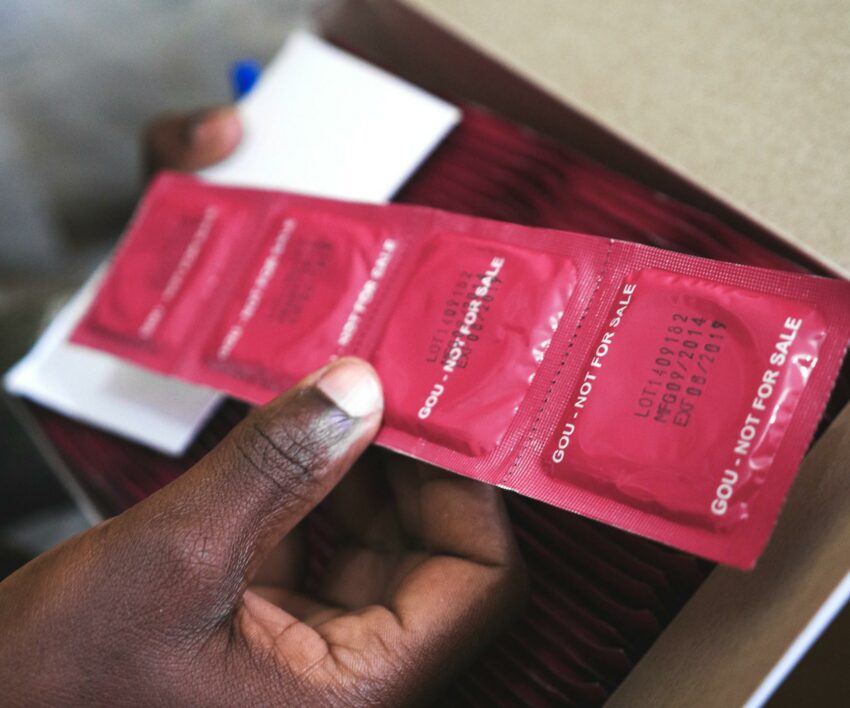
During a concerning uptick in sexually transmitted infections (STIs), health non-profit Right to Care advocates for men to circumcise and use condoms. IOL reports that this call aligns with the Gauteng Department of Health’s caution against risky sexual behaviour, notably during STI and Condom Awareness Week.
Right to Care stresses the significance of mitigating STI risks through:
- circumcision,
- responsible sexual practices, and
- access to pre-exposure prophylaxis (PrEP) or post-exposure prophylaxis (PEP).
In South Africa, STI cases remain alarmingly high, highlighting the urgent need for health education. Awareness can be a powerful tool, it can create a more informed and empowered generation. Let’s equip our youth with information for a healthier tomorrow. pic.twitter.com/NYSS8ZEQii
— NICD (@nicd_sa) February 16, 2024
Dr. Nelson Igaba underscores the vulnerability of uncircumcised men to STIs. He highlighted the substantial increase in HIV susceptibility associated with these infections.
Encouragement is given for routine STI screening and HIV testing at healthcare facilities to facilitate early detection and treatment. The Gauteng Department of Health reports a notable prevalence of Male Urethritis Syndrome (MUS) among men seeking treatment, indicating a surge in newly acquired STIs.
Men are urged to identify STI symptoms and promptly seek treatment to prevent complications. Ignoring STIs can lead to severe consequences, including reproductive health issues for women and heightened HIV risk for both genders. Effective prevention strategies, such as condom use, circumcision, and PrEP or PEP, are recommended to curb STI transmission.
Circumcision services are available at Department of Health facilities and through Right to Care’s circumcision call centre.
It’s STI/Condom/Pregnancy Awareness Week in South Africa! Vital for sexual health education & infection prevention. @USAID is proud to partner with @PEPFAR & @HealthZA to boost community empowerment & healthcare access. Prioritize health for all! #STIawareness #CondomAwareness pic.twitter.com/zdSdvH4oBU
— USAID SouthernAfrica (@USAID_SAfrica) February 15, 2024
Compiled:




